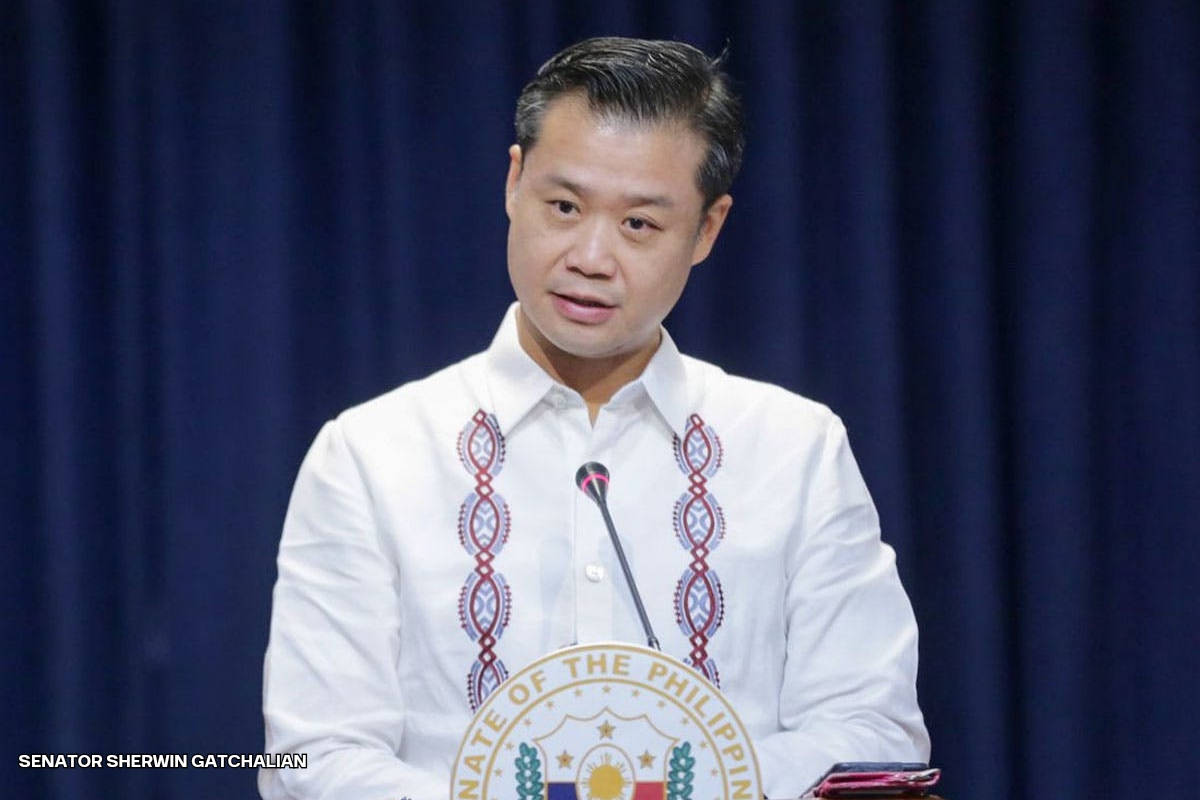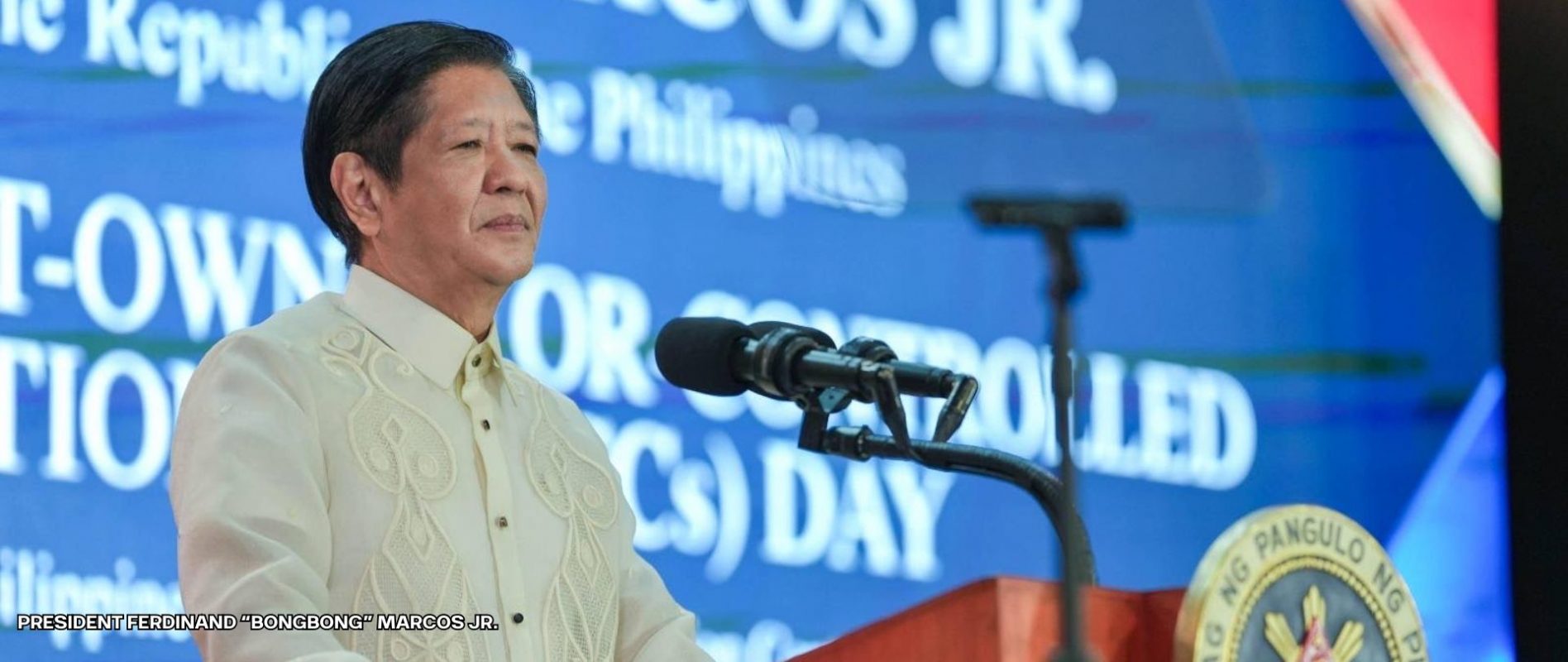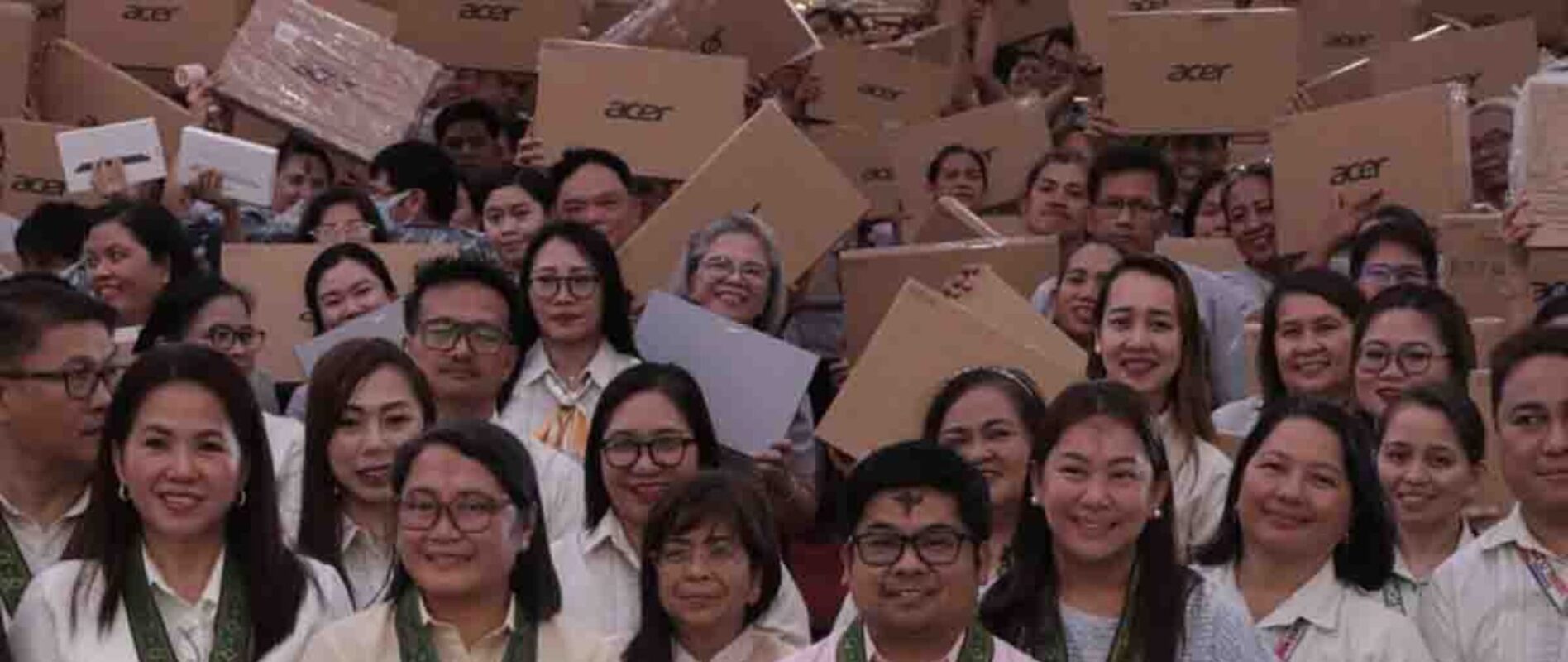SENATOR REITERATES NEED TO STRENGTHEN LGU INVOLVEMENT IN IMPROVING EDUCATION QUALITY
SENATOR Sherwin Gatchalian reiterated his proposal to strengthen the involvement of local government units in improving the quality of basic education, to decentralize governance in the basic education sector.
Gatchalian’s proposal is outlined in the 21st Century School Boards Act or Senate Bill No. 155, which seeks to make the local school boards responsible for formulating policies on improving the delivery and quality of basic education.
Success indicators of these policies shall include, among others, the participation rate of students, the number of dropouts and out-of-school youth, and the achievement scores measured by national tests or assessment tools.
The proposed measure also aims to expand the local school board to involve other education stakeholders and relevant actors in the community.
Following the Second Congressional Commission on Education’s visit to Vietnam, Gatchalian cited the Southeast Asian country’s decentralized education governance.
While the Ministry of Education and Training decides policies at the national level, the People’s Committee at the provincial level implements education programs, ensures quality, and is accountable for outcomes.
“The local school board is already a good vehicle to implement some form of devolution at the local level because the mayor and the superintendent are part of it. But we propose to add powers to the local school board and make sure there is accountability. My proposal is an attempt to devolve education at the local level using existing mechanisms,” said Gatchalian, chairperson of the Senate Committee on Basic Education.
Gatchalian’s bill also proposed to broaden the use of the Special Education Fund, which is sourced from the additional one percent tax on real property.
While the Local Government Code of 1991 allows the SEF to the local school board to operate and maintain public schools and construct and repair school buildings, Gatchalian proposes that the expanded use of the SEF cover the salaries of teachers and non-teaching personnel, salaries of preschool teachers, and teachers and non-teaching personnel’s honoraria and allowances for additional services rendered outside of regular school hours.
The proposed expanded use of the SEF will also cover capital outlay for pre-schools, and the operation and maintenance of Alternative Learning System programs, among others.














